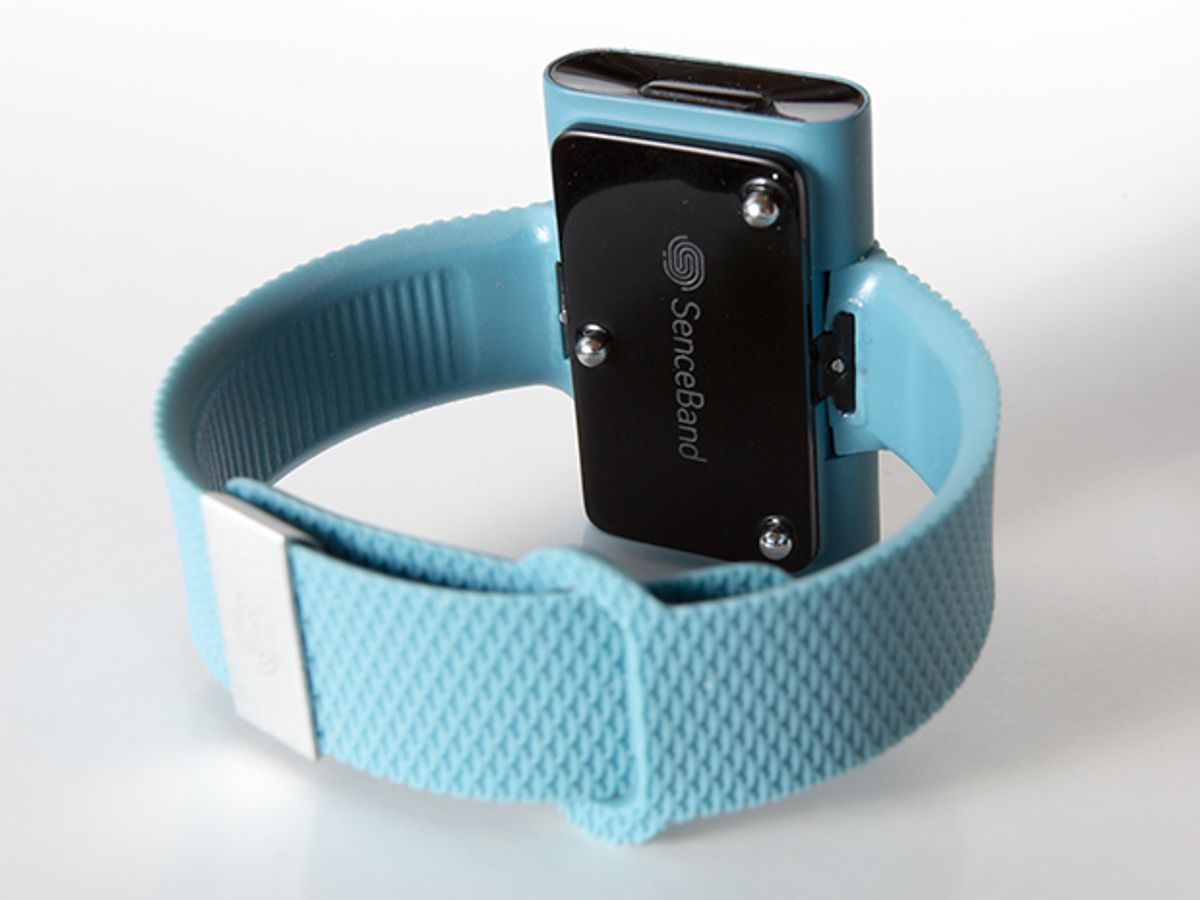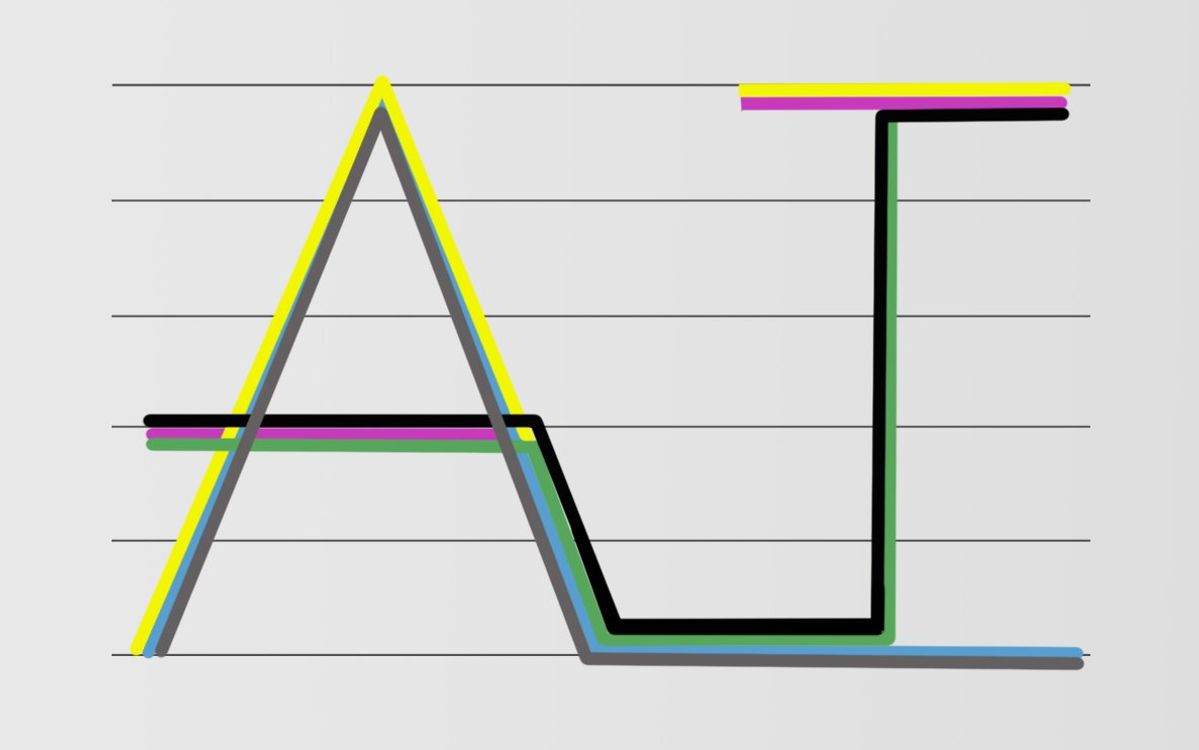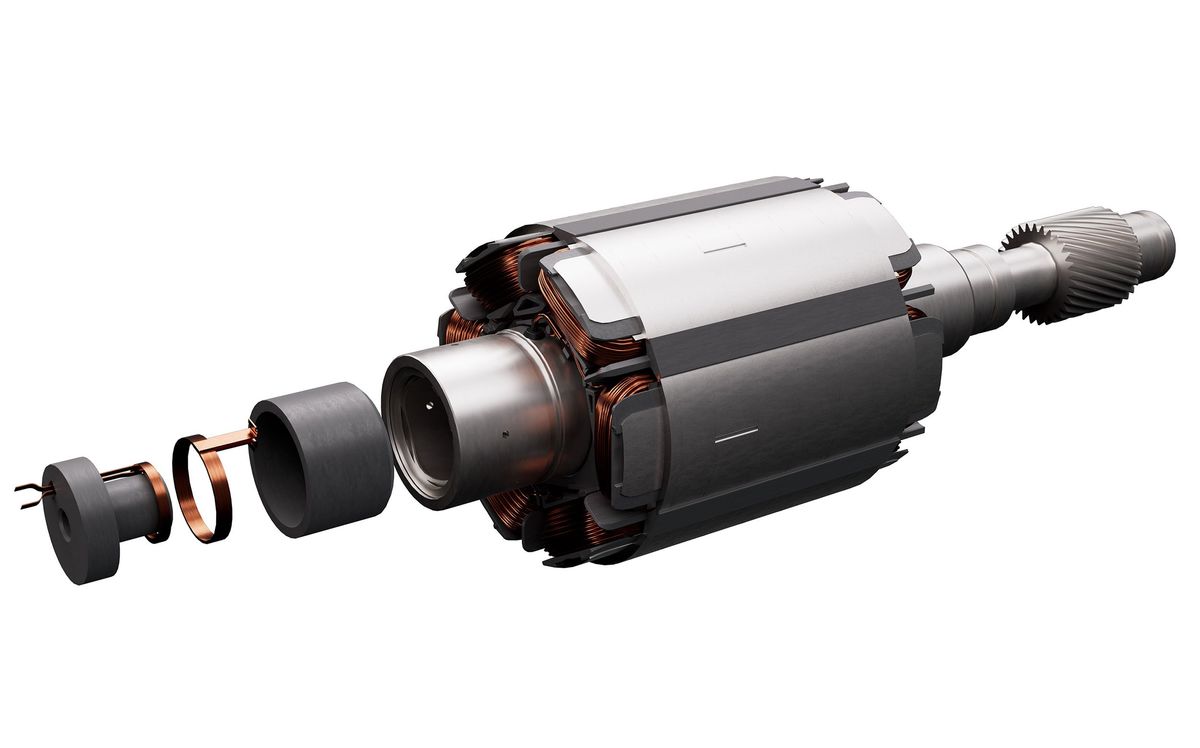People have been working on stress monitoring devices for a while. To date, most use some combination of heart rate, temperature, and maybe perspiration. A few have taken novel approaches—like watching for goose bumps. It can be helpful to know when someone’s stress levels are getting out of their normal range—like when air traffic controllers are overloaded.
But can a simple wearable do more than measure stress? Startup company Planexta, launching on Kickstarter this week after doing a demo tour of Silicon Valley last week, thinks it can. The Ukraine-based company says it has figured out how to match variations in a specific part of the electrocardiograph (ECG) signal—the R peak—to emotions. They don’t mean just stress and anxiety, but actual happiness and sadness, and nearly 40 other emotional states.

The trick, says Adam Paulin, the company’s North American representative, was not only developing the algorithm, but developing a wearable ECG monitor that was accurate enough for this purpose. The company came up with a wrist-worn gadget—the Sence—that has three electrodes: Two watch for that R-peak signal, while the third monitors other electrical activity in the body and cancels out that noise. Paulin says it’s 250 times as accurate as the optical heartrate monitors in today’s fitness wearables.
The gadget takes 10-second snapshots of the signal (you can set the increment; the preset is one hour), and tracks it on an app. In between, it acts as a basic step-tracker. You can have it correlate the data with your calendar or GPS, to determine if there are events, people, or places that make you feel particularly happy—or miserable. Paulin says the wearable’s analysis might not always match your own; people can interpret their feelings all sorts of ways. Psychologists, he said, have expressed interest in using the wearable to study whether or not people feel emotions at different intensities.
The Sence will ship next August, the company is taking preorders at $130 (retail price will be $260).
Tekla S. Perry is a senior editor at IEEE Spectrum. Based in Palo Alto, Calif., she's been covering the people, companies, and technology that make Silicon Valley a special place for more than 40 years. An IEEE member, she holds a bachelor's degree in journalism from Michigan State University.



